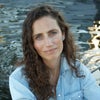I am in approximately 30th grade at this point, but I still get the back-to-school itch. I like pens and backpacks and the autumnal feeling that this year I’ll be smarter than the last. Luckily, a crop of new books this fall scratch that itch. Forthwith, deep dives into penguins’ sexual deviance, philosophical rambles across landscapes, obscure forensic-ecology facts, and more.
‘A Polar Affair,’ by Lloyd Spencer Davis
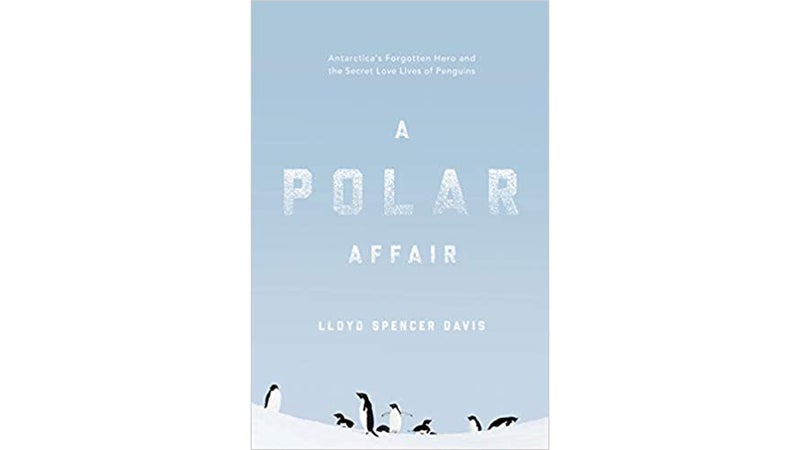
Thirty years into what he thought was pioneering work on the complicated sex lives of Adélie penguins, polar researcher Lloyd Spencer Davis, who calls himself Professor Penguin, found a surprise. He uncovered papers showing that early-20th-century explorer Gregory Murray Levick had already made the same observation about penguin homosexuality and polygamy. But Levick obscured his research, because he apparently thought it was too disturbing and raunchy. The hidden story uprooted Davis’s ideas of science and censorship, and in , he digs into the details of what Levick found and tries to figure out why it was hidden. Come for the penguin promiscuity, stay for the stories of historic polar explorers and a thoughtful analysis of why science isn’t always exactly what it seems.
‘The Nature of Life and Death,’ by Patricia Wiltshire
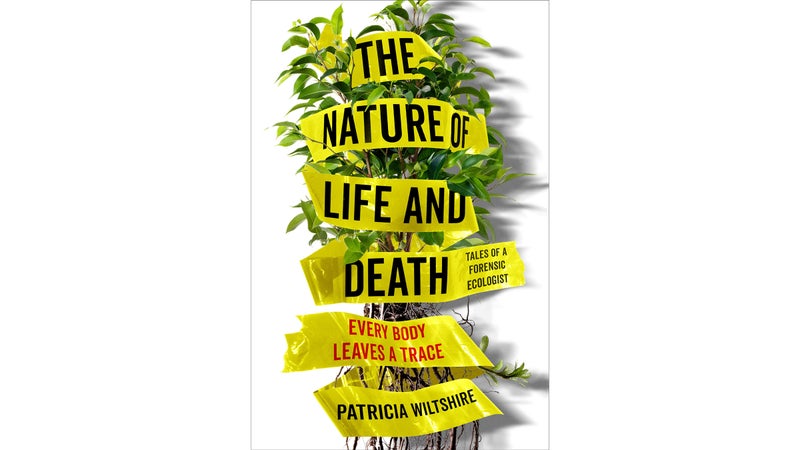
What is the nexus of true crime fans and plant nerds? Possibly this website but also , forensic ecologist Patricia Wiltshire’s book about her career using the natural world to solve crime. If you’ve ever wondered what it might take to get pollen spores out of a dead guy’s nose—and then whether those spores might provide clues to the scene of a crime—this is your book. Wiltshire writes like the scientist she is, so her prose can be dry at times, but the subject matter is fascinating, and Wiltshire makes a good case for curiosity as she steps through the process of tracking details and solving mysteries.
‘Surfacing,’ by Kathleen Jamie
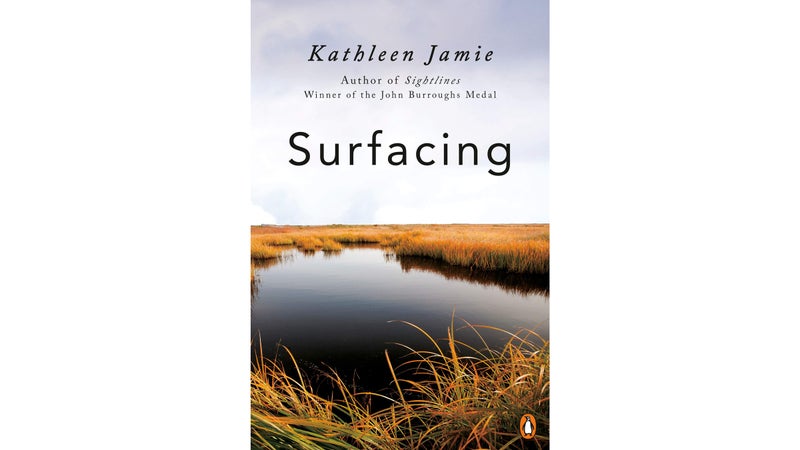
is a great companion for autumn’s natural melancholy and meditative feel. Scottish poet Kathleen Jamie weaves together lucid essays about aging, archaeology, travel, and the erosion of natural resources and sacred wild places. She captures that end-of-summer sadness, when you’re taking stock of your year and slowing down as the days get shorter. The book is about changing landscapes and human impact, but it’s also about memory and paying attention, as she visits Ice Age caves and rides on high-speed trains. It’s a series of tight visual scenes, beautifully told, and it’s worth blocking out an afternoon to spend time with.
‘Virga and Bone,’ by Craig Childs
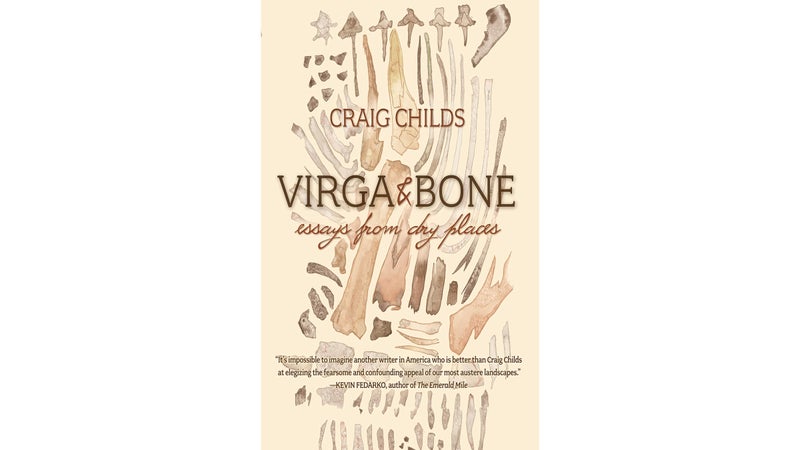
While Jamie is tight and restrained, American essayist and adventurer Craig Childs is full of rawness and spark, just like the dry southwestern deserts he loves and has been eulogizing for more than two decades. is a collection of eight essays about those places and the people who need them, abuse them, love them, and take them for granted. Childs says that he only writes about humans, to show the scale of the natural world, but those descriptions form the most powerful parts of the book. “Deserts are mummifiers, bone-makers,” he writes. “Some years the rains won’t come, clouds promising and promising, but did you say the right prayers? Did you pray to the right god?”
‘A Short Philosophy of Birds,’ by Philippe J. Dubois and Elise Rousseau
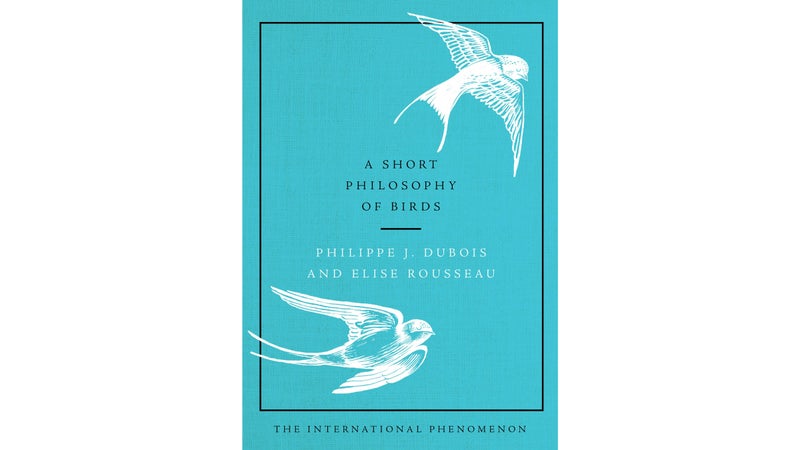
If you’re mourning the loss of or scanning the sky for migrating geese, you might find some levity in . It’s a series of short essays about avian behavior and what humans might stand to learn from birds’ lives: stories of resurrection and forgiveness are told though molting ducks and gender equity among sandpipers. The result is a mix of natural history and behavioral science with a side of life skills. Sometimes the anthropomorphizing can feel slightly heavy-handed, but overall the book is both joyful and interesting, and if nothing else, it might motivate you to keep your eyes on the sky.

